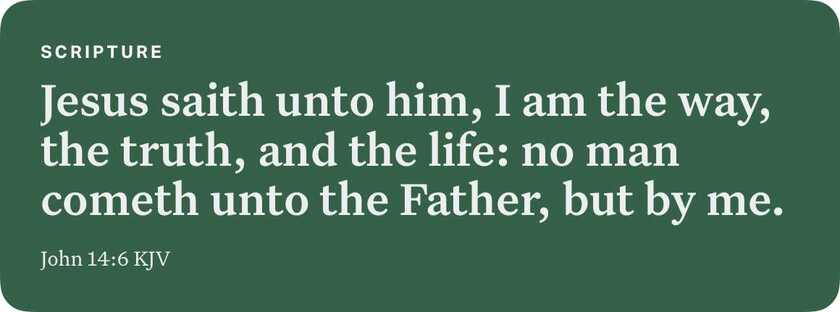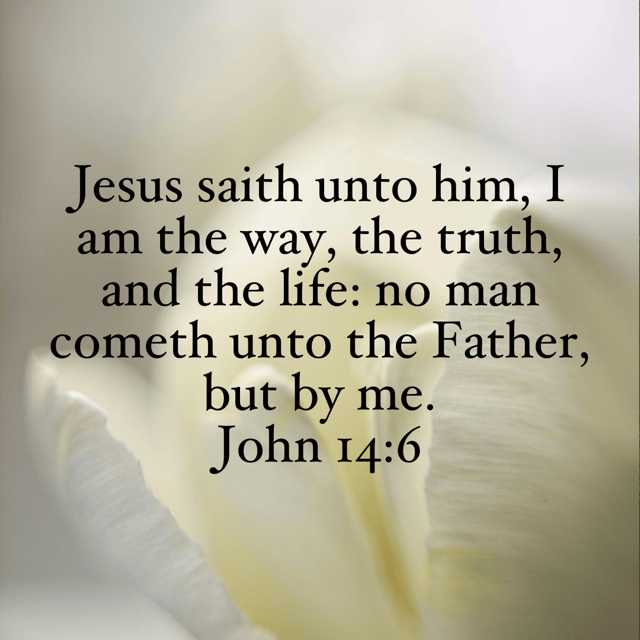I will share about Christian books I have read or listened to.
I will be sharing about my life before and after Christ. I will include stories about my pet and other pets I have encountered.
Seeking Justice Like Our Father
In Isaiah 1:17, God calls His people to “learn to do right; seek justice. Defend the oppressed. Take up the cause of the fatherless; plead the case of the widow.” These are not just suggestions—they are commands rooted in God’s own heart for justice.
Isaiah highlights three of the most vulnerable groups in his time: the oppressed, the fatherless, and the widow. Their suffering was not to be ignored—it was to be confronted. And the same is true today.
Who are the oppressed? They are those weighed down by injustice, those suffering under the burden of wrongdoing. Defending them is more than offering comfort—it means stepping up, challenging oppression at its source, and refusing to be passive in the face of evil.
Who are the fatherless? In God’s design, parents are protectors and champions for their children. But in a broken world, many children are left without defenders, vulnerable to harm. Taking up their cause means more than acknowledging their need—it means stepping in, seeing their struggles as our own, and becoming the hands and feet of Jesus on their behalf.
Who are the widows? In Isaiah’s time, a woman without a husband often had no security or provision. Even today, many face deep hardship after losing their spouse. Pleading their case isn’t just about sympathy—it’s about advocacy, ensuring they are not ignored, mistreated, or left without support.
The call to justice has always been central to God’s heart. Justice is not separate from faith—it is an expression of it. To follow Jesus is to care about what He cares about, to love those He loves, and to take action on behalf of those who cannot fight for themselves. This isn’t optional. It’s what it means to be a child of God.
When we seek justice, we reflect the heart of our Father, who is always near to the brokenhearted, always championing the cause of the vulnerable, and always working through His people to bring justice to the world.
“Then all Israel gathered themselves to David unto Hebron, saying, Behold, we are thy bone and thy flesh. And moreover in time past, even when Saul was king, thou wast he that leddest out and broughtest in Israel: and the LORD thy God said unto thee, Thou shalt feed my people Israel, and thou shalt be ruler over my people Israel. Therefore came all the elders of Israel to the king to Hebron; and David made a covenant with them in Hebron before the LORD; and they anointed David king over Israel, according to the word of the LORD by Samuel. And David and all Israel went to Jerusalem, which is Jebus; where the Jebusites were, the inhabitants of the land. And the inhabitants of Jebus said to David, Thou shalt not come hither. Nevertheless David took the castle of Zion, which is the city of David. And David said, Whosoever smiteth the Jebusites first shall be chief and captain. So Joab the son of Zeruiah went first up, and was chief. And David dwelt in the castle; therefore they called it ...
















